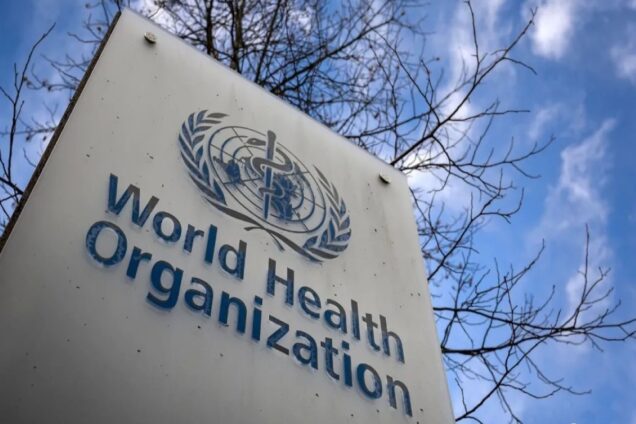The World Health Organisation (WHO) officially certified Egypt as malaria-free on Sunday, marking a truly historic milestone after almost a century of efforts to eradicate the disease.
“Malaria is as old as Egyptian civilisation itself, but the disease that plagued pharaohs now belongs to its history and not its future,” said WHO Director-General Tedros Adhanom Ghebreyesus. “This certification of Egypt as malaria-free is truly historic, and a testament to the commitment of the people and government of Egypt to rid themselves of this ancient scourge.”
With this certification, Egypt joins a global list of 44 countries and one territory recognised as malaria-free. The WHO grants this status when a nation has proven that local malaria transmission by Anopheles mosquitoes has been halted nationwide for at least three consecutive years. The country must also demonstrate its capacity to prevent the disease from re-emerging.
Malaria remains a significant global health challenge, killing over 600,000 people annually, with 95% of these deaths occurring in Africa. In 2022, there were 249 million recorded malaria cases worldwide. The disease, caused by a parasite and transmitted through mosquito bites, predominantly affects tropical regions.
Egypt’s fight against malaria began as early as the 1920s, when efforts were made to reduce human-mosquito contact by banning the cultivation of rice and other crops near residential areas. However, by 1942, malaria cases surged to over three million due to population displacement during World War II.
The construction of the Aswan Dam in the 1960s created new malaria risks as standing water provided breeding grounds for mosquitoes. However, by 2001, Egypt had successfully brought malaria “firmly under control,” according to the WHO.
The announcement highlighted the ongoing global struggle against malaria, with Nigeria accounting for more than a quarter of all annual malaria deaths, followed by the Democratic Republic of the Congo, Uganda, and Mozambique.

